17 GPTs for Religious Inquiry Powered by AI for Free of 2026
AI GPTs for Religious Inquiry are advanced computational tools designed to engage with, analyze, and provide insights on various religious texts, beliefs, practices, and philosophical questions. Leveraging the power of Generative Pre-trained Transformers, these tools are adept at understanding and generating human-like responses to a wide range of religious inquiries. By processing vast amounts of religious literature and data, they offer tailored solutions, making them invaluable for exploring theological concepts, interpreting sacred texts, and facilitating dialogue on spiritual matters.
Top 10 GPTs for Religious Inquiry are: ShiaGPT,Chat Islam Bot,Muslim AI: Ask Anything About Islam GPT,AI Philosophia,LDS Faith Crisis Compass,AtheistGPT,Virtual Confessor,Mission Perp,Fatwa,Find God
ShiaGPT
Sourcing Shia Insights with AI
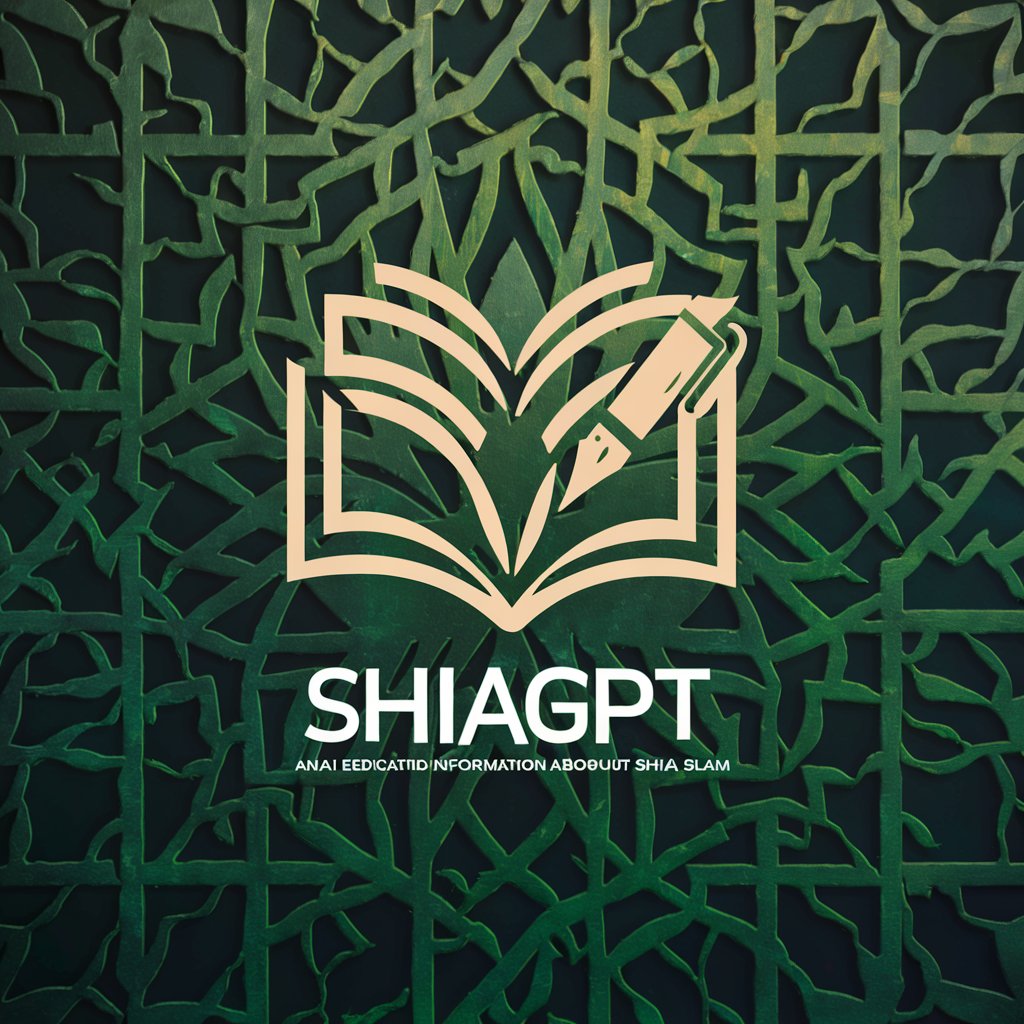
Chat Islam Bot
AI-powered Islamic & Christian insights
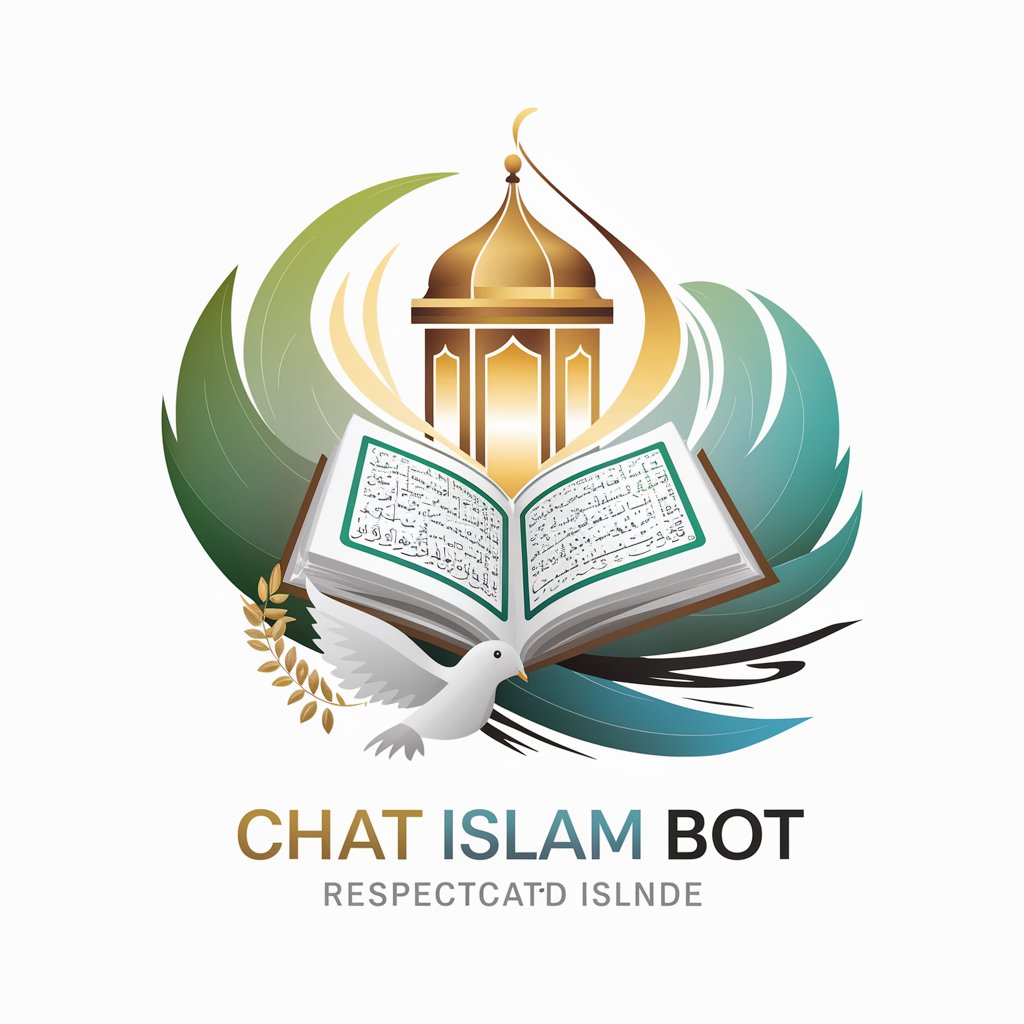
Muslim AI: Ask Anything About Islam GPT
Discover Quranic Wisdom Instantly

AI Philosophia
Delving Deep into Philosophy with AI
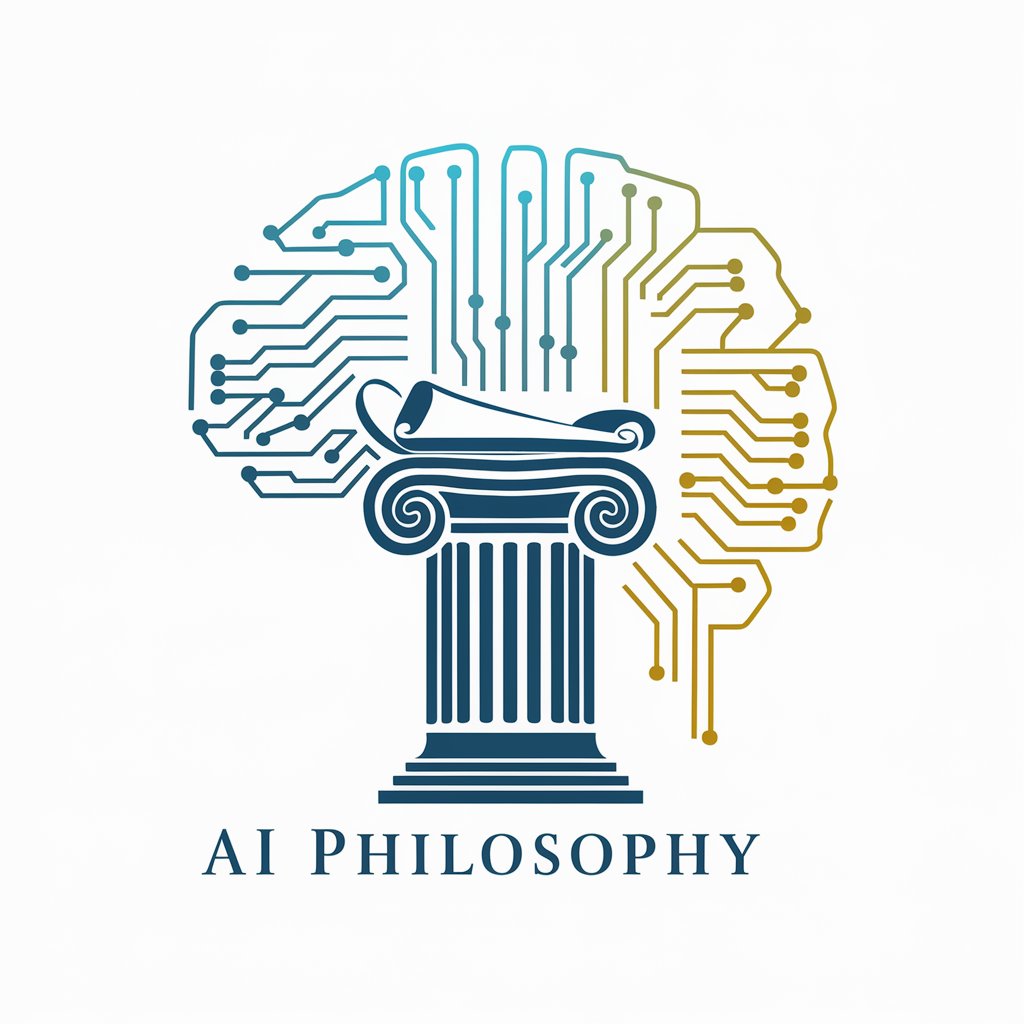
LDS Faith Crisis Compass
Navigate Your Faith Journey with AI

AtheistGPT
Explore atheism with AI-powered insights.

Virtual Confessor
AI-powered Spiritual Companion

Mission Perp
Explore LDS teachings with AI
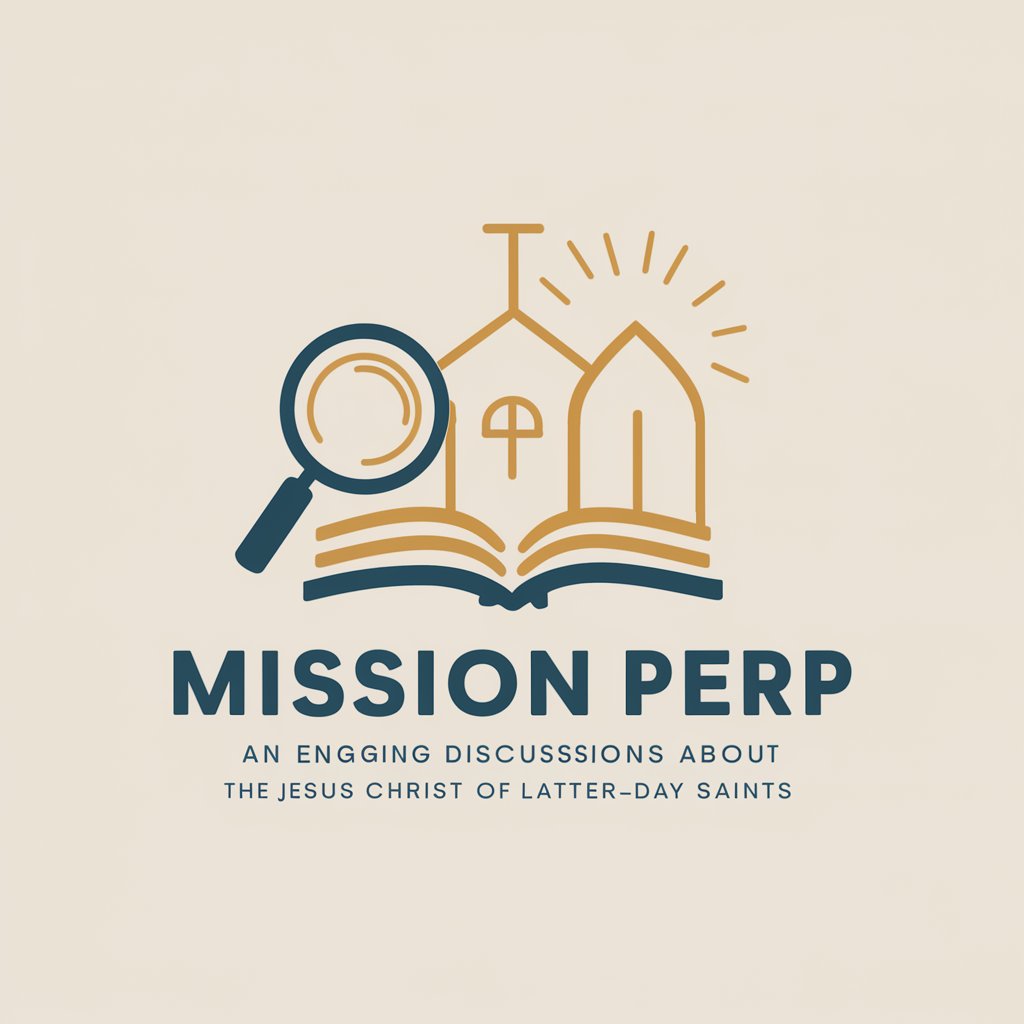
Fatwa
AI-powered Islamic Jurisprudence Assistant

Find God
Explore spirituality, powered by AI
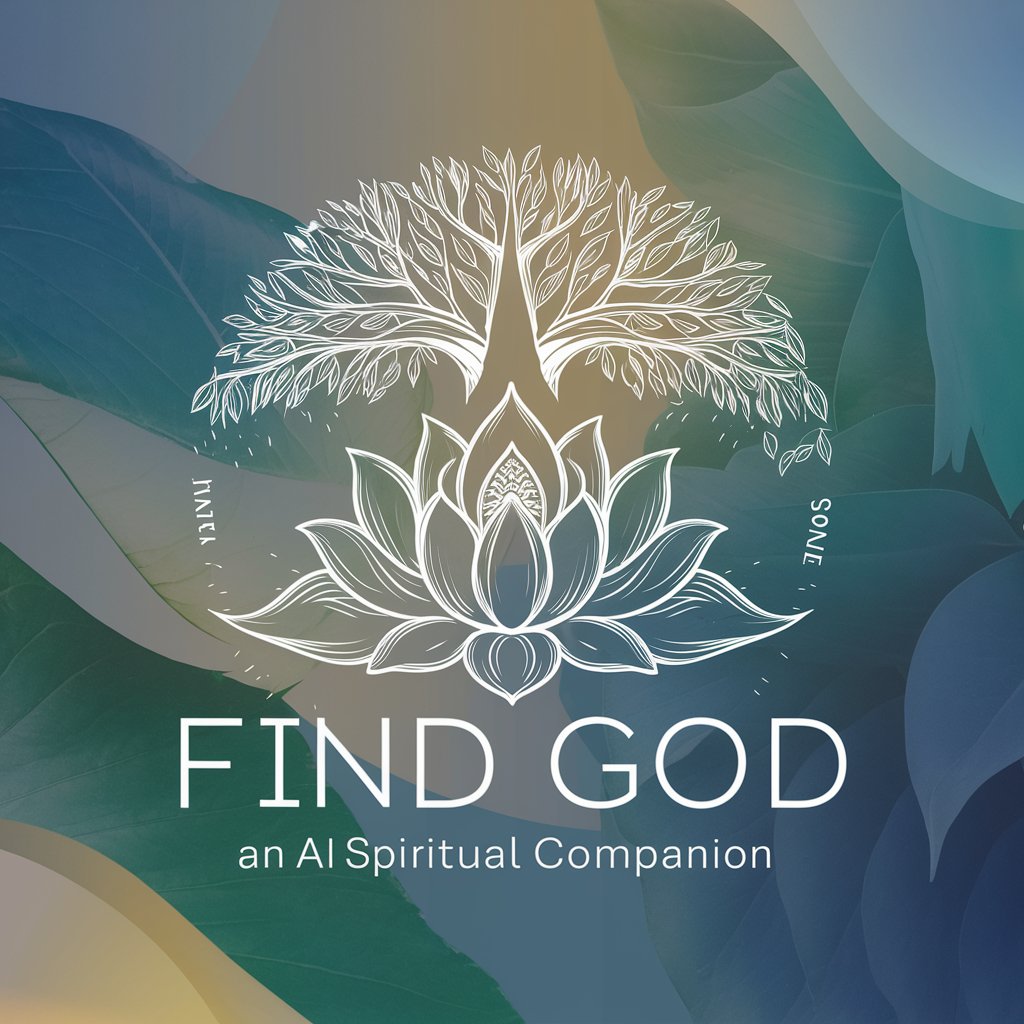
IslamicGPT
AI-Powered Islamic Insights

GPT Al Mufti
AI-powered Islamic Jurisprudence Guidance
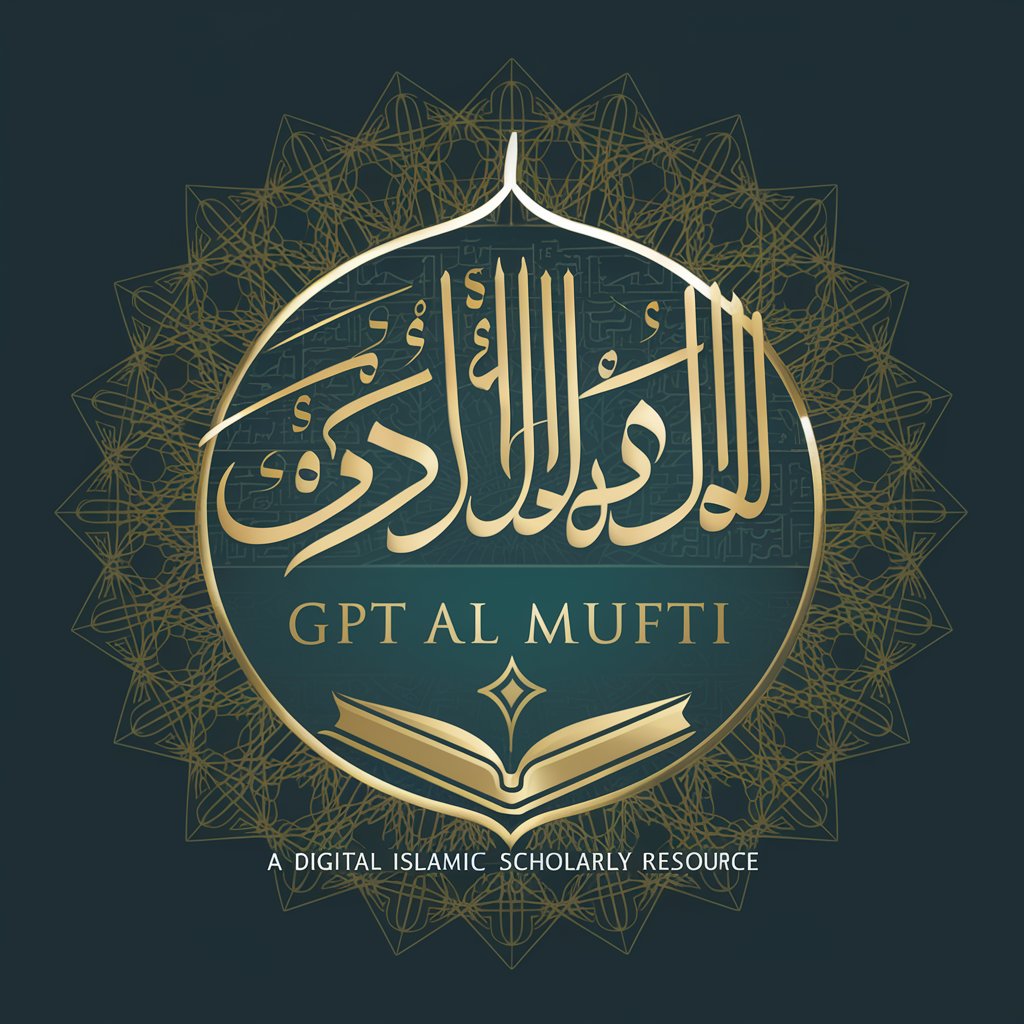
Questions About God
Empowering rational discourse on divinity
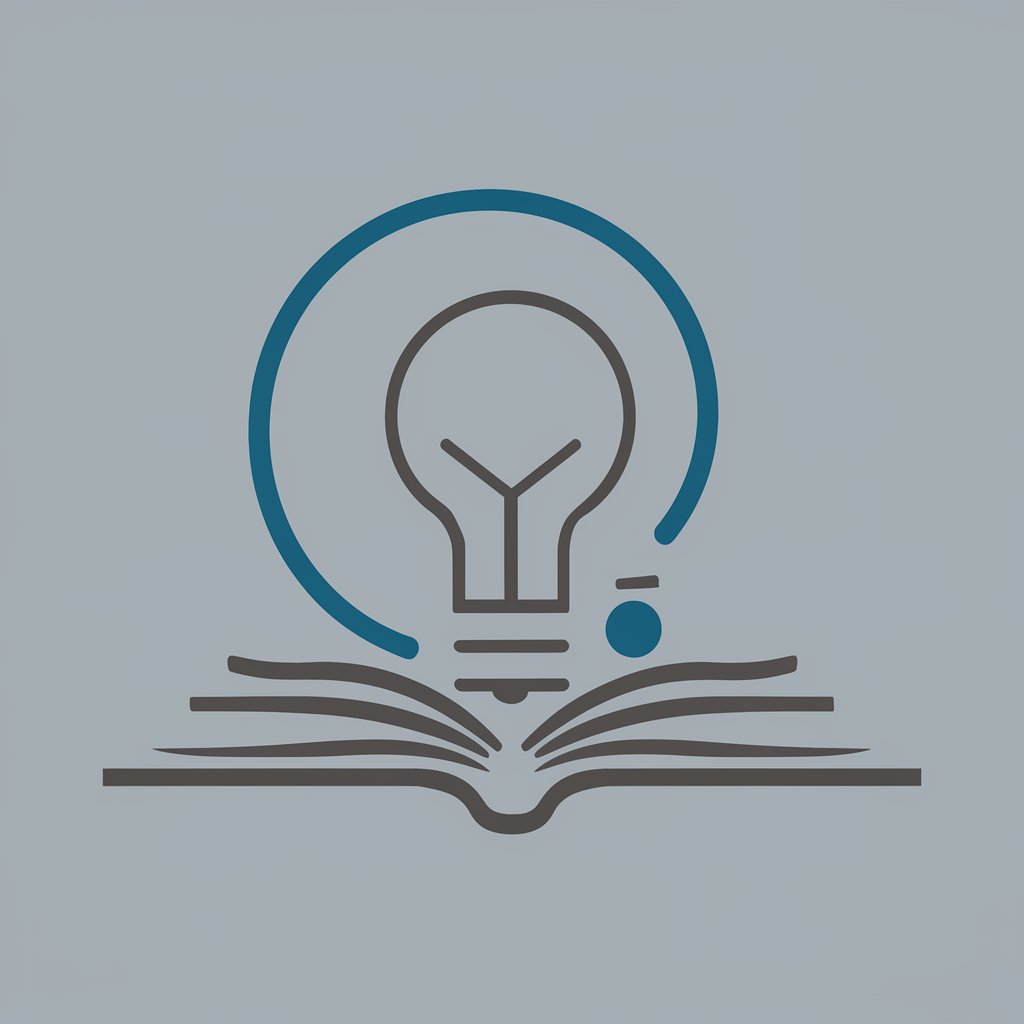
Afterlife
Explore the afterlife, powered by AI

Catholic Questions
Explore Catholic teachings digitally
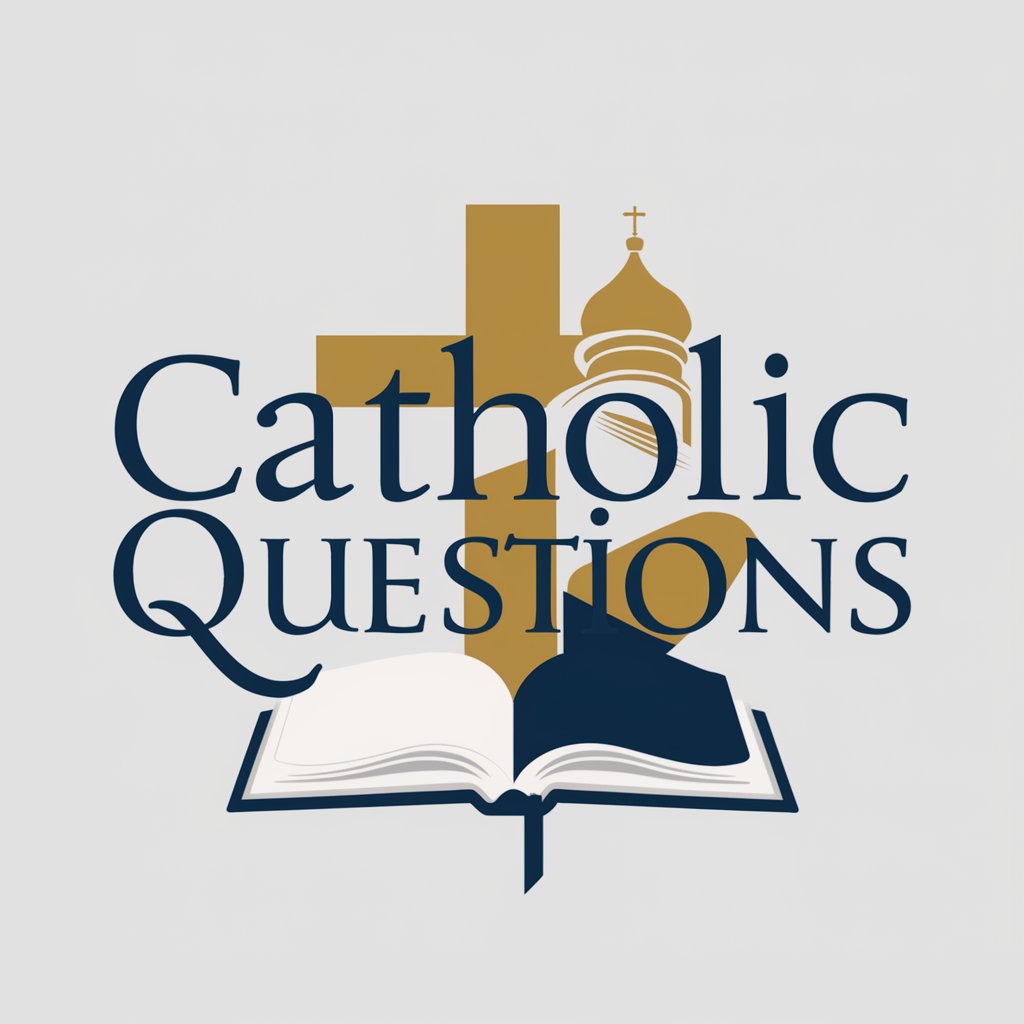
Catholic Answers Assistant
Illuminating Catholic Faith with AI

Peace Explorer
Explore Islam with AI

Key Attributes of AI GPTs in Religious Studies
AI GPTs for Religious Inquiry stand out for their ability to comprehend and articulate complex religious concepts in a nuanced manner. These tools adapt to various levels of inquiry, from basic questions about religious practices to in-depth theological discussions. Special features include multilingual support to cater to diverse religious texts, advanced data analysis for uncovering patterns in religious studies, and image creation capabilities for visualizing religious symbols and artifacts. Their technical support extends to web searching for the latest religious discourse and integrating with existing digital platforms to enhance religious education and research.
Who Benefits from Religious Inquiry AI Tools
AI GPTs for Religious Inquiry are designed for a broad audience, including religious scholars, educators, students, and the general public with an interest in spirituality. These tools are accessible to users without technical backgrounds, thanks to their intuitive interfaces, while offering customizable features for developers and professionals in the field of religious studies. This inclusivity promotes a deeper understanding and exploration of religious topics across diverse user groups.
Try Our other AI GPTs tools for Free
Confessional Aid
Discover how AI GPTs for Confessional Aid use advanced technology to offer confidential, empathetic support for personal reflection and confession, tailored to your beliefs and languages.
Query Assistance
Discover how AI GPTs for Query Assistance revolutionize information search and task execution with their advanced natural language processing capabilities, tailored to meet diverse needs.
Everyday Wisdom
Unlock the power of AI for daily life with AI GPTs for Everyday Wisdom. Get tailored advice, insights, and solutions for a wide range of challenges and decisions.
Online Gaming
Discover how AI GPTs revolutionize online gaming, enhancing player experiences with personalized content, support, and dynamic storytelling.
Virtual Experience
Explore AI GPTs for Virtual Experience, the cutting-edge tools transforming digital interactions into immersive, adaptable virtual realities.
API Upgrades
Discover AI GPTs for API Upgrades: intelligent, adaptable tools designed for enhancing API functionalities. Ideal for both beginners and experts in API management.
Expanding Horizons with AI in Religious Studies
AI GPTs in Religious Inquiry not only facilitate a deeper understanding of faith and spirituality but also foster inter-religious dialogue and tolerance. Their integration into digital platforms can transform religious education, making it more interactive and accessible. These tools also open new avenues for academic research, offering novel insights into religious texts and practices through data analysis and pattern recognition.
Frequently Asked Questions
What exactly are AI GPTs for Religious Inquiry?
AI GPTs for Religious Inquiry are specialized artificial intelligence tools designed to understand, analyze, and respond to questions and topics related to various religions and spiritual practices.
How can these AI tools aid in understanding religious texts?
They employ natural language processing to interpret the context and nuances within religious texts, offering explanations, summaries, and insights that can enhance understanding and interpretation.
Are AI GPTs for Religious Inquiry limited to specific religions?
No, these tools are designed to be adaptable and can cover a wide range of religions by learning from diverse religious texts and practices.
Can non-technical users easily access these AI GPT tools?
Yes, these tools are designed with user-friendly interfaces that do not require prior technical knowledge or coding skills, making them accessible to a wide audience.
How do these tools adapt to complex theological discussions?
They are trained on extensive theological literature and can generate responses that consider different interpretations and viewpoints, facilitating more nuanced discussions.
Can AI GPTs generate content for religious education?
Yes, they can create educational content, including lesson plans, quizzes, and summaries of religious texts, tailored to different learning levels.
Is it possible to customize AI GPTs for specific religious inquiry projects?
Absolutely, developers and researchers can fine-tune these tools for specific projects, integrating them with existing databases or tailoring their response frameworks to specialized topics.
How do AI GPTs ensure sensitivity and accuracy in religious discourse?
These tools are designed with mechanisms to handle religious content with respect and sensitivity, incorporating feedback loops for continuous improvement in accuracy and appropriateness of responses.